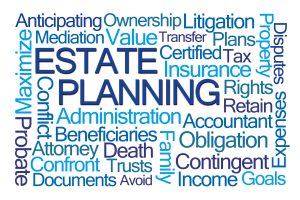As a result of the COVID-19 crisis, people throughout the United States and other countries are exceedingly concerned about their personal and financial welfare. Among other matters, consideration has been focused on protecting one’s assets, as well as insuring that the assets are properly situated to be passed on to others in the event of a person’s demise.
As a New York estate attorney, I have witnessed this heightened sense of concern over the past decades in connection with the World Trade Center bombings, Hurricane Sandy and other emotionally charged events. While the initial impulse is to rush to prepare a Last Will and Testament and Advance Directives such as a Power of Attorney, Living Will and Healthcare Proxy, it is important to take the time and proper forethought before rushing to assemble and sign what are significant legal documents.
I have just read a post on CNBC.com by Bryan Borzykowski dated March 25, 2020 entitled “Americans rush to make online wills in the face of the coronavirus epidemic” . The article notes that over the past couple of weeks, companies that produce online estate planning documents such as Last Wills have seen as much as a “143% week-over-week increase” in these services. While the article notes that the use of such online services has grown over time and can be less expensive than retaining an attorney, the article points out that problems may arise as to the validity and effectiveness of papers that are created without proper legal guidance.
 New York Probate Lawyer Blog
New York Probate Lawyer Blog







